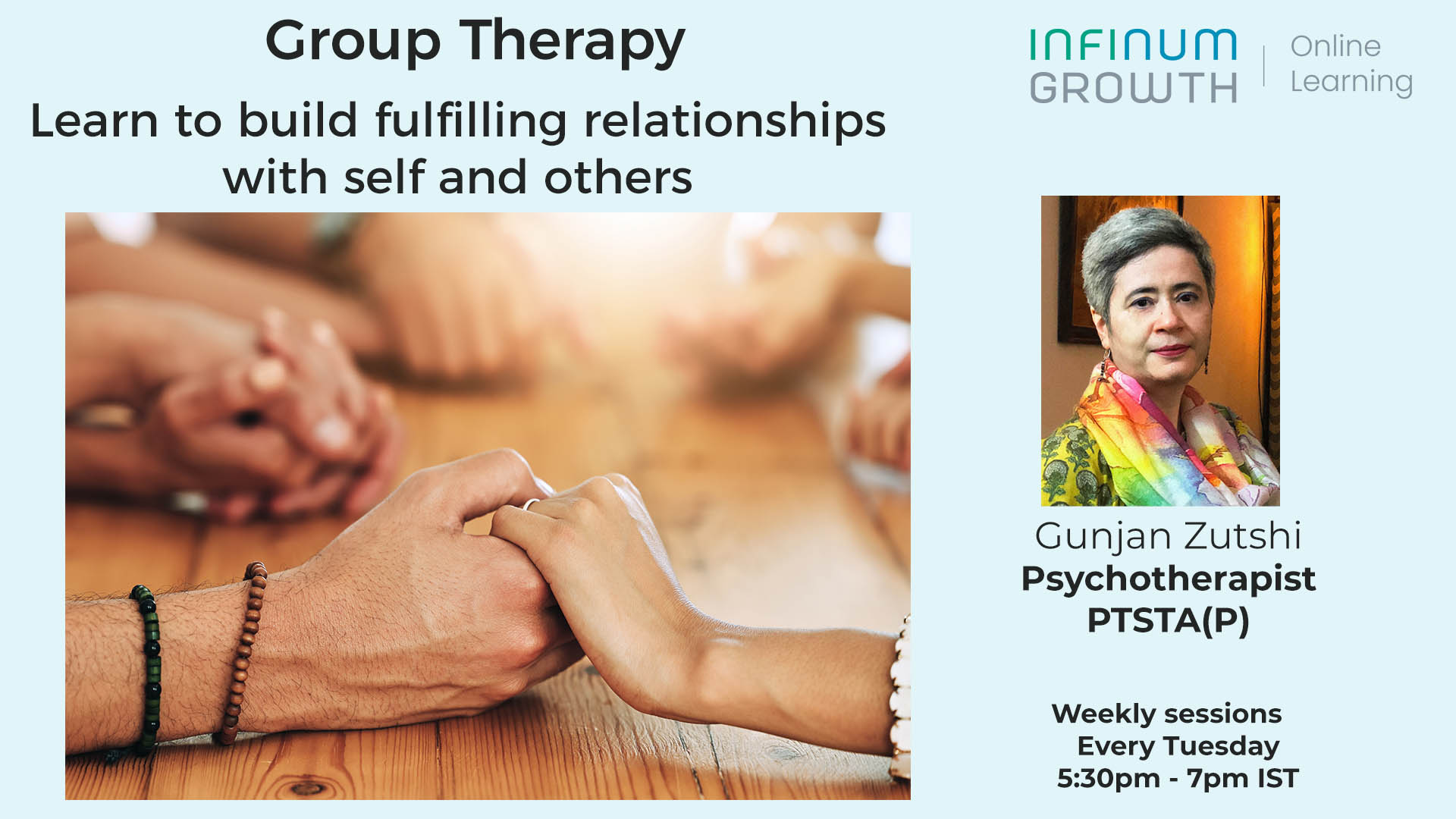We all want to be happy and minimize suffering. We probably, inherently, even know what works for us in terms of happiness. Yet, so many of us seem dissatisfied, unhappy with the present. Why is that so? What works towards cultivating happiness?
The root cause, often, is our inability to accept reality; some facts about ourselves, others and our life goals. We allow our core to be overpowered by our self imposed likes, dislikes and preconditions to every action and reaction.
Here are six key lessons I have learnt about cultivating happiness, based on (a) my formal learnings from the East and the West, (b) personal reflection and (c) engaging deeply with people across three continents, as a transformational coach. (The names of the persons have been changed to maintain their privacy).
1.Each of us are whole; and are simultaneously moving towards a full expression of wholeness
Maya is a talented, smart and an empathetic senior professional. During a coaching session, she spelt out how unappreciated she felt at work; and was particularly frustrated that her important role, in jumping in to support others, was simply not being seen. As we unpeeled the layers of the onion, an important insight emerged – that, she too was not adequately acknowledging, let alone appreciating, her own contribution.
All too often, the clouds do indeed cover the moon; and we forget, that we too, like the moon, are always whole. The sense of being inadequate is only a temporary perspective; and, that it will pass, if we shine the light of awareness on ourselves with compassion! Since that session, Maya has come a long way in fully accepting herself and relies less on what others say.
Acceptance of her own contribution and self appreciation became an important step towards happiness.
2.The Power of Acceptance in cultivating happiness
For the past few years, Shyam had been holding on to a memory of the past and resisting the present. He came to me wanting to let go of the hurt. The journey was not easy. The little child in him first screamed out, then valiantly fought; used every trick up his sleeve, but finally, there was just one choice…..Laying all the cards on the table, mourning a loss and just surrendering to the present. And in that surrender, emerged a quiet sense of peace and happiness.
There are three discrete and connected stages in this process of Acceptance:
- Full acceptance – Not resist.
- Full embodiment of emotion– give oneself the opportunity to truly feel. A tear or two helps. This, in turn, leads to release.
- Full responsibility – Take responsibility. It’s your life. Your choices to make; And stop whining by the sidelines.
3.Align With a Higher Purpose to cultivate happiness
Syd is a friend who never seems to get ruffled. I wanted to understand how he stays calm.
Me- How do you handle yourself when a loved one says something harsh?
Syd – I try and play the BIG game.
Me – The big game? What is that?
Syd – I have tried to align myself to a larger goal – “To make the world work better for all”; And, when I do that, the smaller things don’t seem to matter much. Yes, there maybe a few road-blocks….but overall, I find that as long as I stay committed to this higher cause, the smaller stuff doesn’t bother me much.
The proverbial penny dropped. I thought back to the time when I too had a larger focus and been happier. Over time, I had indeed lost this ‘bigger’ picture and become more self-centred. A good wake up call.
An Acceptance of having moved away from the larger goal became a step towards cultivating happiness.
4. Surround Yourself With People Who Energize You
The ritual is pretty much the same every Saturday morning. Find a quiet space, place the breakfast orders and then for the next 45 -60 minutes, simply connect, about issues in our lives that we are grappling with; And so it has been for over four years.
Yes, your regular friends are important. But it is equally important to have a group where, you can support each other by having open, non-judgmental, authentic conversations.
Contemplative traditions have therefore highlighted the importance of regular ‘Satsangs’ (association with like minded folks), as an important support towards growth and long lasting happiness.
5.The Importance of Mental Defrosting in cultivating happiness
A few years ago, I received some disturbing feedback from a psychometric assessment – “Sanjay tends to quickly create an image of a person and then does not change it over the years, even though the person might have changed.”
My first reaction was one that came from a self-preservation mindset….but then it slowly sank in. Could this be true? After a few days, I realized this was indeed the case. Acceptance of this truth helped bring awareness and change.
We tend to create an image of a person very quickly. S/he is bracketed into three categories – Like/Dislike/Neutral. Over the years, people change but we refuse to accept the change.
For instance, from my early childhood, my family had branded one particular cousin as being selfish. Recently when we needed some help, this cousin was the only one who proactively offered and delivered on the help required. But even now, when this cousin is discussed within the family, the image of the past dominates. Even acknowledgement of the cousin’s help is made grudgingly.
So watch out for the frozen images and revisit them. Mental defrosting is indeed needed to cultivate happiness!
6.Gratitude – the common factor as foundation for happiness
The above are five nuggets picked up along the way. I am sure you have your own list; And that is great. Cultivating happiness and sustaining it, is indeed a personal journey. While it seems that each of us have different paths, there is one common trait that creates the foundation – Gratitude!
Look around – beneath every happy person you see, lies an attitude of gratitude. Simply said, if we are not happy with the here and now, what makes us think we will be happy with the then and there?
Please do leave your comments at the bottom and do share with others if you like this article.



















Nice article Sanjay Rao. Thanks!